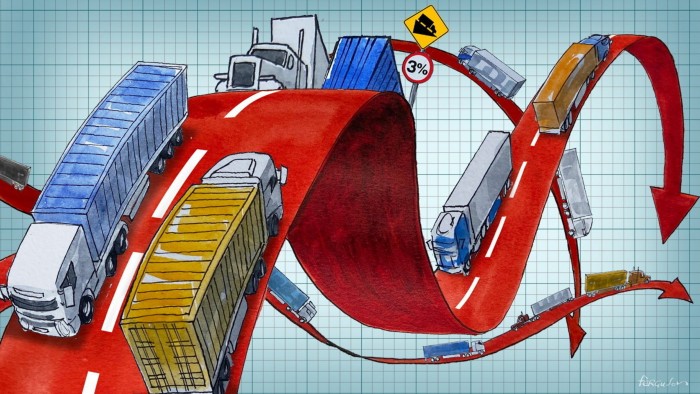
The world is experiencing a major economic transformation. Inflation, de-dollarization, geopolitical instability, and the rise of digital finance are converging to reshape how money works. In the middle of this transformation stands one of the most disruptive forces of our time: cryptocurrency.
The Traditional System Is Cracking
Over the past few years, traditional financial systems have come under pressure. Inflation is eroding purchasing power in countries across the globe. Central banks, once seen as anchors of stability, are increasingly printing money to stimulate struggling economies. Meanwhile, trust in fiat currencies is fading, particularly in developing nations where currency volatility is a daily reality.
On top of that, geopolitical events—from U.S.-China tensions to conflicts in Eastern Europe and the Middle East—are pushing countries to move away from dollar dominance, accelerating what many call the era of de-dollarization.
Enter Cryptocurrency: A New Financial Paradigm
In this environment, cryptocurrencies offer an alternative: decentralized, borderless, and transparent money that operates without the control of central banks or governments.
- Bitcoin is increasingly seen as a hedge against inflation and a digital store of value.
- Ethereum and other smart contract platforms enable a growing world of decentralized applications (DeFi, NFTs, DAOs).
- Stablecoins provide a bridge between crypto and fiat, allowing global transactions with speed and low fees.
These technologies are empowering individuals to take control of their finances, particularly in regions with unstable currencies or limited access to banking services.
Crypto and the Emerging Economy
One of the most profound impacts of cryptocurrency is in emerging markets. In places like Nigeria, Argentina, and Indonesia, crypto adoption is rising fast—not for speculation, but as a tool for survival and growth.
- Entrepreneurs use crypto to receive payments from abroad.
- Citizens use stablecoins to protect savings from inflation.
- Developers are building local solutions on global blockchains.
This is more than a financial shift—it’s an empowerment movement.
Challenges and Opportunities Ahead
Of course, this shift isn’t without challenges. Regulatory uncertainty, volatility, and lack of education still hinder mainstream adoption. But governments and institutions are slowly catching up, with many exploring Central Bank Digital Currencies (CBDCs) as a response to crypto innovation.
Meanwhile, private projects like Savvy Lodge’s $SVY token are creating new frameworks for funding small businesses and unlocking global capital through decentralized finance.
The Future of Money Is Being Written Now
As the global economy continues to evolve, crypto is no longer a fringe idea—it’s becoming a core part of the new economic narrative. Whether through Bitcoin’s role as digital gold, Ethereum’s decentralized infrastructure, or emerging use cases like SME funding, the crypto revolution is just getting started.
In a world where traditional systems are showing their age, crypto offers a fresh start—one built on transparency, innovation, and global access.
Leave a Reply